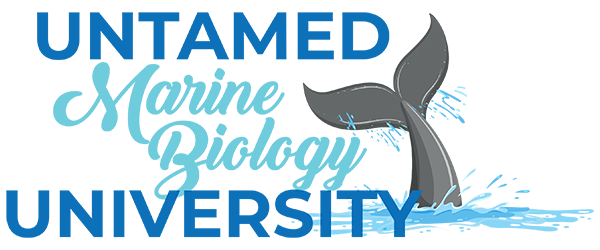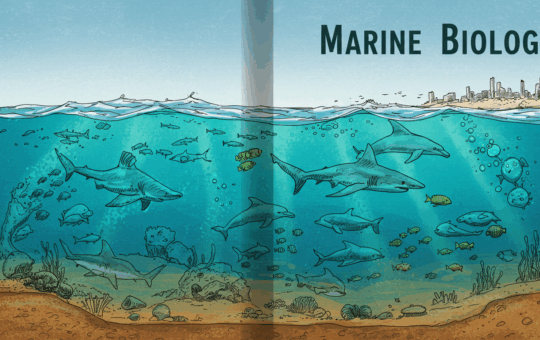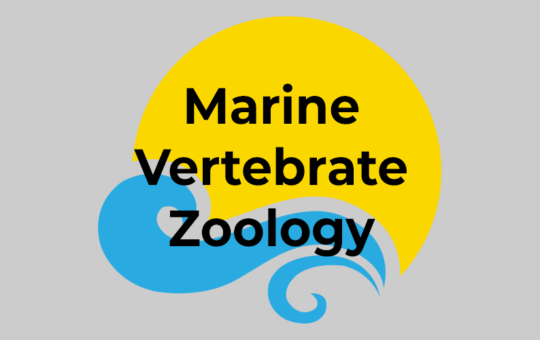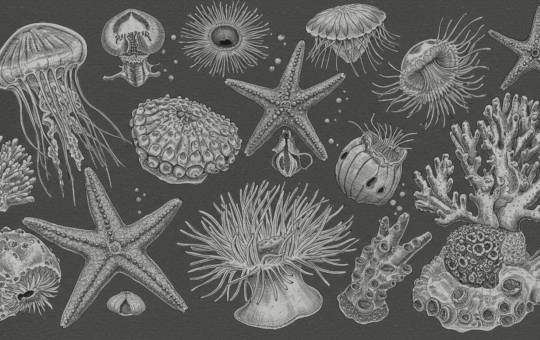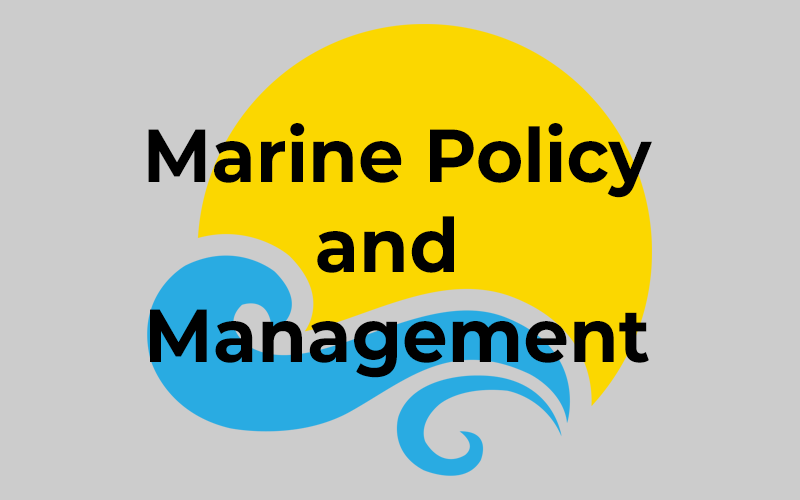
Marine Policy and Management
Marine Policy and Management explores the frameworks and strategies used to govern and sustainably manage marine environments and resources. This course provides students with a comprehensive understanding of the principles of marine policy, including the development, implementation, and evaluation of policies aimed at protecting marine ecosystems and supporting sustainable use of marine resources. Students will learn about the various international, national, and local regulatory frameworks that govern marine activities, such as fishing, shipping, and marine conservation. The course highlights the importance of stakeholder engagement and the role of different actors, including governments, NGOs, and local communities, in marine policy-making and management.
In addition to policy development, the course covers practical aspects of marine resource management, including marine spatial planning, ecosystem-based management, and the establishment and management of Marine Protected Areas (MPAs). Students will explore case studies of successful and challenging marine management initiatives, gaining insights into best practices and lessons learned. The course also addresses emerging issues in marine policy, such as climate change adaptation, marine pollution control, and sustainable development. Through lectures, policy analysis, and field exercises, students will acquire the skills and knowledge necessary for careers in marine policy, environmental management, and conservation, while understanding the complex socio-economic and environmental factors that influence marine governance.
Curriculum
- 7 Sections
- 20 Lessons
- 1 Quiz
- 0m Duration
Section 1: Introduction to Marine Policy and Management
- Chapter 1: Overview of Marine Policy and Management
- Chapter 2: History and Development of Marine Policies
- Chapter 3: Principles of Marine Policy and Management
Section 2: Marine Governance and Institutions
- Chapter 4: International Marine Governance
- Chapter 5: National and Regional Marine Policies
- Chapter 6: Stakeholders in Marine Policy
Section 3: Marine Resource Management
- Chapter 8: Coastal Zone Management
- Chapter 9: Marine Protected Areas (MPAs)
Section 4: Environmental Protection and Conservation
- Chapter 10: Pollution Control and Prevention
- Chapter 11: Biodiversity Conservation
- Chapter 12: Climate Change Adaptation and Mitigation
Section 5: Economic and Social Aspects of Marine Policy
- Chapter 13: Marine Resource Economics
- Chapter 14: Social and Cultural Dimensions
- Chapter 15: Community-Based Management
Section 6: Policy Implementation and Enforcement
- Chapter 16: Policy Implementation Strategies
- Chapter 17: Enforcement and Compliance
- Chapter 18: Conflict Resolution in Marine Policy
Section 7: Future Directions in Marine Policy and Management
- Chapter 19: Emerging Issues in Marine Policy
- Chapter 20: Innovation and Collaboration in Marine Management
- Marine Policy and Management - Assessment Test
